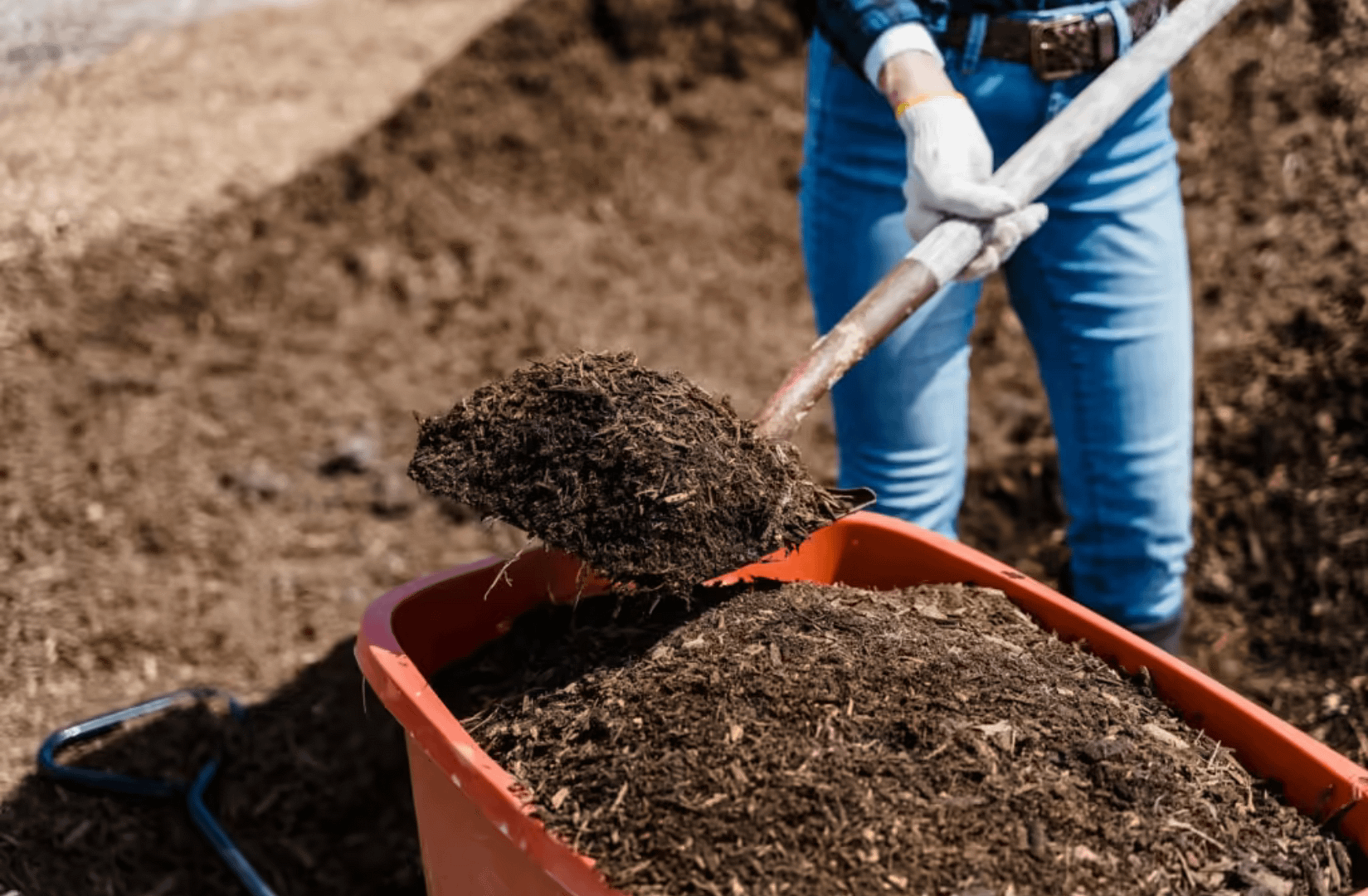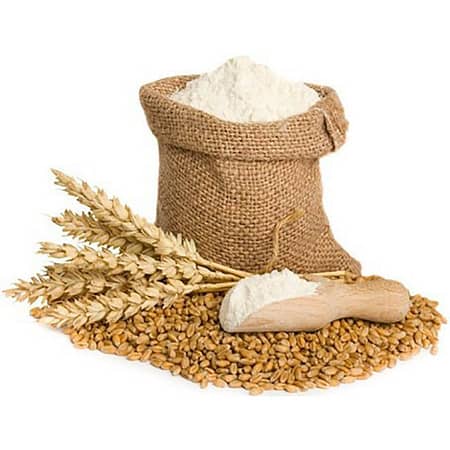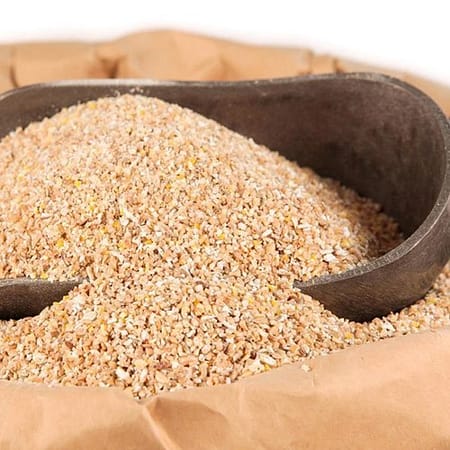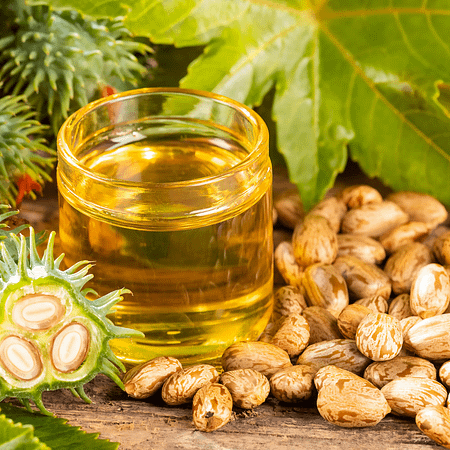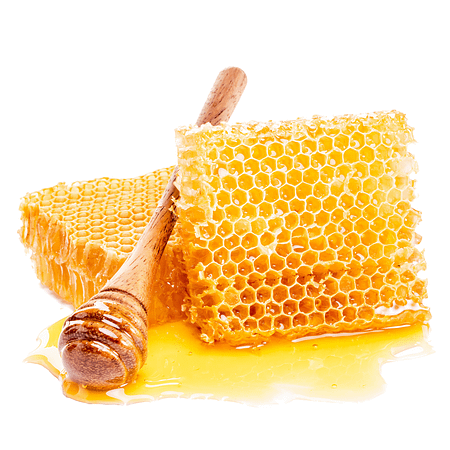Organic FAQs
What does it mean for produce to be certified organic?
Organic certification indicates that the produce has been grown and handled according to strict organic standards set by certification bodies. It ensures that the farming practices used avoid synthetic pesticides, fertilizers, genetically modified organisms (GMOs), and other prohibited substances.
How do organic farming practices differ from conventional farming methods?
Organic farming emphasizes sustainable practices that work with nature, such as crop rotation, composting, and natural pest control. Unlike conventional farming, organic farming avoids the use of synthetic chemicals and focuses on soil health and biodiversity.
Are organic products more expensive than conventionally grown products?
Yes, organic products can sometimes be more expensive due to the labor-intensive nature of organic farming, certification costs, and lower yields. However, many customers are willing to pay a premium for the perceived health and environmental benefits of organic produce.
What are the benefits of choosing organic produce?
Organic produce is free from synthetic pesticides and fertilizers, which can reduce exposure to harmful chemicals. Additionally, organic farming practices promote soil health, biodiversity, and sustainable agriculture.
How can I verify that a product is genuinely organic?
Look for organic certification labels such as “India Organic” on the product packaging. This label indicate that the product has been certified by a recognized certification body.
Are organic products healthier than conventionally grown ones?
While organic products may have lower pesticide residues, research on the health benefits of organic produce is ongoing. However, many people choose organic products for their perceived health benefits and environmental sustainability.
Do organic farmers use pesticides or synthetic chemicals?
Organic farmers use only approved natural and organic pesticides derived from plants, minerals, or other natural sources. Synthetic pesticides and chemicals are prohibited in organic farming.
Can organic farming help in preserving the environment?
Yes, organic farming promotes practices that enhance soil health, conserve water, and protect biodiversity. By avoiding synthetic chemicals and promoting sustainable practices, organic farming contributes to environmental conservation.
Are organic products available year-round, or are they seasonal?
While some organic products are available year-round, many are seasonal, depending on factors such as climate and growing conditions. Seasonal availability varies for different types of produce.
How can I support local organic farmers in my area?
You can support local organic farmers by purchasing their products at farmers’ markets, joining community-supported agriculture (CSA) programs, or participating in farm-to-table initiatives.
Are there any specific regulations or standards that organic farmers must adhere to in India?
Yes, organic farmers in India must adhere to the National Program for Organic Production (NPOP) standards or the Participatory Guarantee System for India (PGS-India) standards for organic certification.
Do organic products have a shorter shelf life compared to conventionally grown products?
Organic products may have a shorter shelf life due to the absence of synthetic preservatives. However, proper handling and storage can help extend the shelf life of organic produce.
Are there any initiatives or programs to promote organic farming in India?
Yes, the Government of India has various initiatives and programs to promote organic farming, such as the Paramparagat Krishi Vikas Yojana (PKVY) and the National Mission for Sustainable Agriculture (NMSA).
Can organic farming help in improving soil health and fertility?
Yes, organic farming focuses on building soil health through practices such as crop rotation, composting, and green manure. These practices enhance soil fertility and promote long-term sustainability.
Are organic farming practices sustainable in the long term?
Yes, organic farming practices promote sustainable agriculture by minimizing environmental impact, conserving natural resources, and promoting biodiversity. Organic farming aims to meet the needs of the present without compromising the ability of future generations to meet their own needs.




